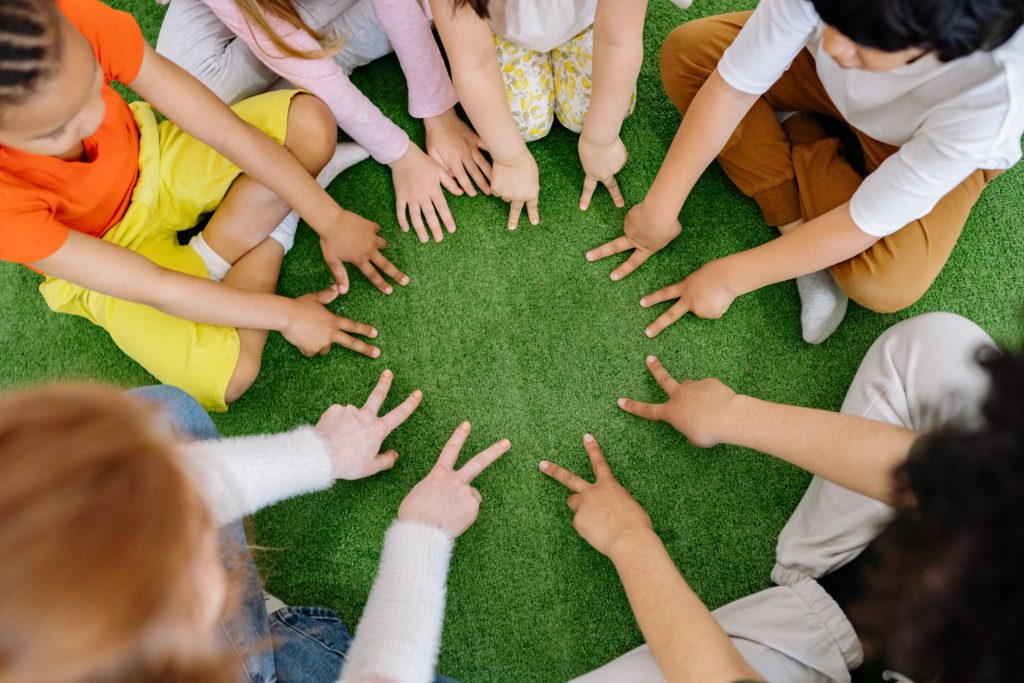
Measuring learning outcomes (what learners know and can do) has been a contested terrain for many education systems and researchers, despite universal acknowledgement that assessment plays an important role in curriculum implementation (UNESCO 2013; Darling-Hammond & Wentworth 2010; Department of Education [DoE] 1995). Venkat and Sapire (this volume) refer to the ‘essential circuits’ of education and the
link between the curriculum, teaching practice, and assessment. Our focus is strictly on the Foundation Phase (FP), and where we refer to a specific subject, mathematics is our first concern. This chapter, therefore, only makes passing reference to the major external assessment, the National Senior Certificate (NSC) or matric examination.








